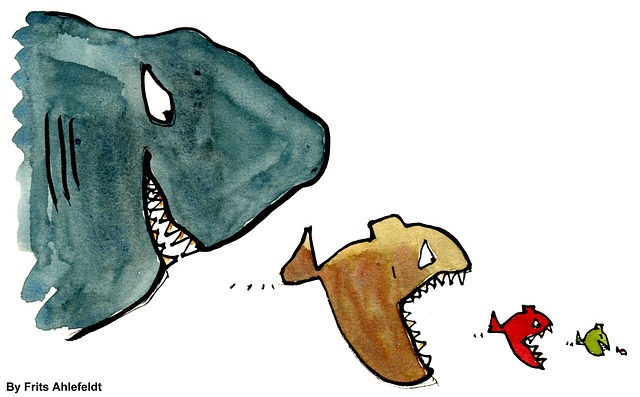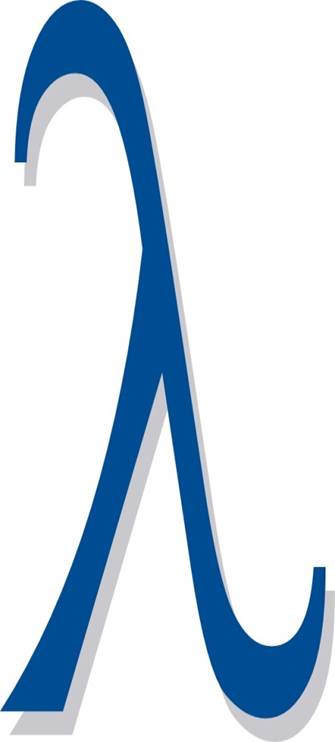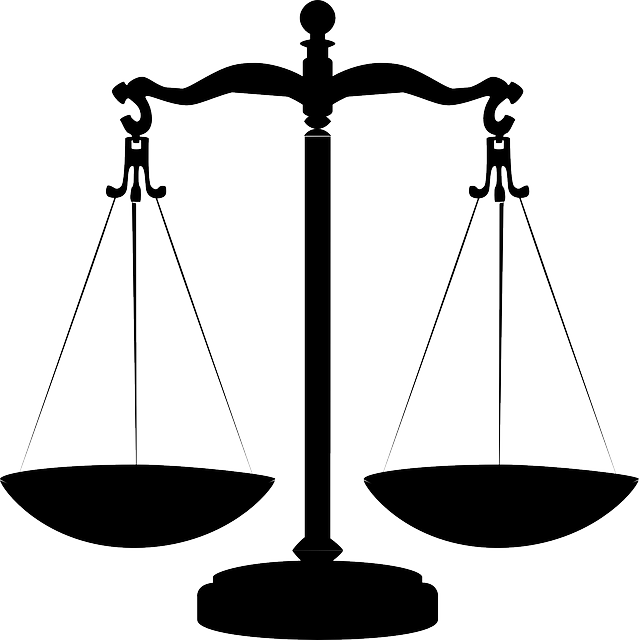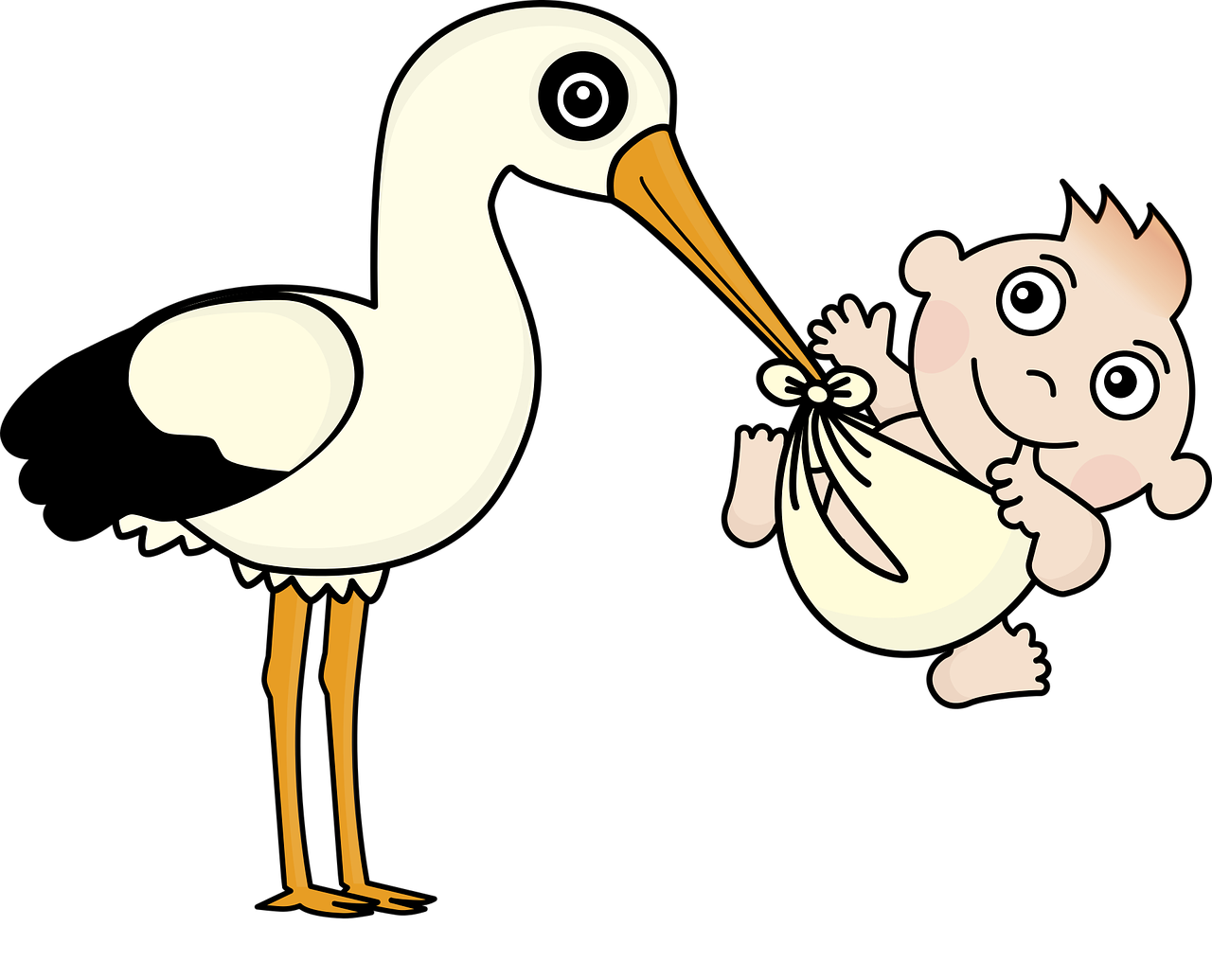Posts

C++ Core Guidelines: Rules for Unions
/
0 Comments
A union is a particular data type where all members start at the same address. A union can hold only…

C++ Core Guidelines: More Rules for Overloading
I started the last post on my journey through the rules for overloading functions and operators. Let…

C++ Core Guidelines: Rules for Overloading and Overload Operators
There are ten rules for overloading and overload operators in the C++ core guidelines. Many of them are…

C++ Core Guidelines: Accessing Objects in a Hierarchy
There are nine rules to access objects in class hierarchies. Let's have a closer look.
Here…

C++ Core Guidelines: The Remaining Rules about Class Hierarchies
I needed three posts to present the 20 rules for class hierarchies in the C++ core guidelines. Here are…

C++ Core Guidelines: More Rules about Class Hierarchies
In the last post, I started our journey with the rules of class hierarchies in modern C++. The first…

C++ Core Guidelines: Class Hierarchies
Let's talk in this post about rules for class hierarchies in general and in particular. The C++ core…

C++ Core Guidelines: Function Objects and Lambdas
I can not think about modern C++ without lambda expressions. So my wrong assumption was that there are…

C++ Core Guidelines: Comparison, Swap, and Hash
This post will be about comparisons, swap, and hash. That means I conclude with his post my treatise…

C++ Core Guidelines: Rules for Copy and Move
The rules for copy and move are pretty obvious. But before I describe them I have to write about the…
